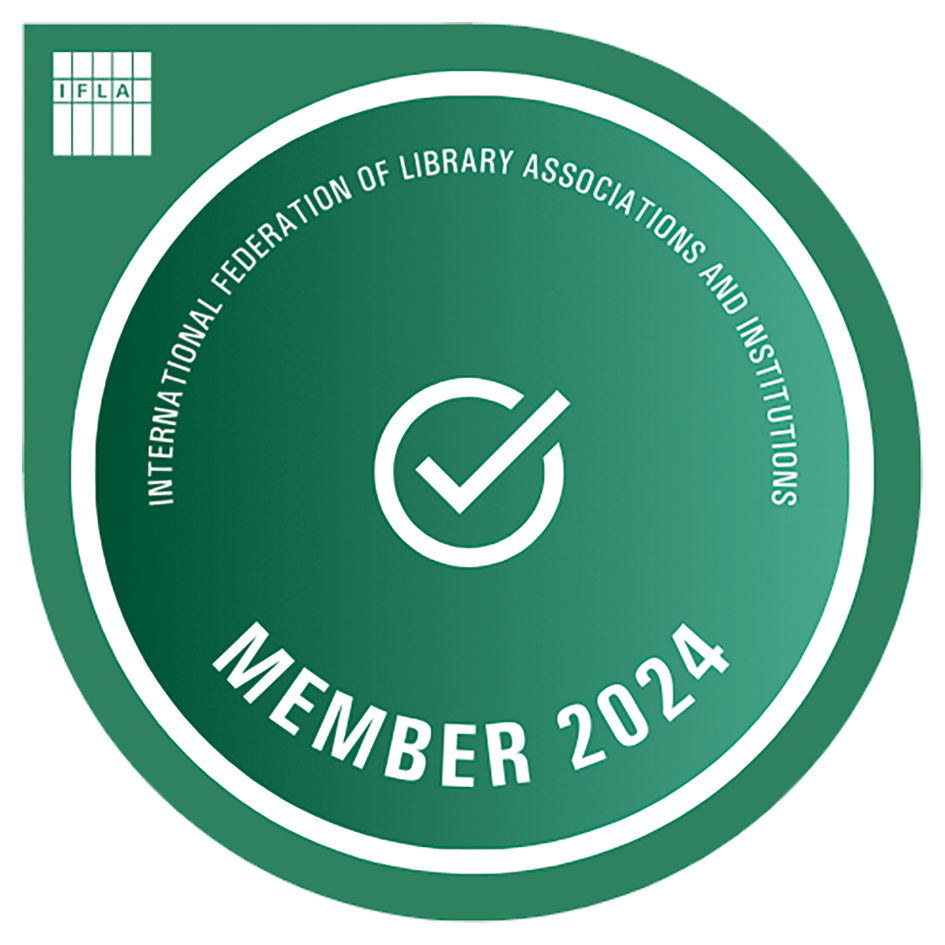News & Events
- 2008-04-16
The Chinese Rare Book Catalog underwent two major expansions in 2007. On June 29, the catalog completed the addition of 3,974 bibliographies from the Kyujanggak Institute for Korean Studies at Seoul National University. On December 31, the catalog grew further with the addition and replacement of 109,740 bibliographic records, as well as the bibliographic records for Chinese books at the Faculty of Theology Library of Fu-Jen Catholic University College, and the Inner Mongolia Union Catalog of Thread-bound Rare Books. The additions bring the database content to 612,130 bibliographic records the Chinese rare book collections of 32 organizations. Furthermore, on January 18, 2008, the NCL and East Asian Library (EAL) of the University of Chicago signed a memorandum of cooperation, under which the EAL will soon provide bibliographies for 917 Chinese rare books for inclusion in the Chinese Rare Book Catalog. The Faculty of Theology Library was originally established in 1847 as the Hsu-chia-hui Repository of Books. The 354 bibliographic records provided by the library for inclusion in the Chinese Rare Book Catalog include local history and Ming, Qing period Christian texts, and manuscripts brought to Taiwan from the repository. The books have been provisionally deposited at the Institute of History and Philology Library under Academia Sinica, and have been converted to an optical disk format. A total of 27,396 bibliographies were also added from the Inner Mongolia Union Catalog of Thread-bound Rare Books, including records from 50 organizations in Inner Mongolia, among them the Inner Mongolia Library, Inner Mongolia University Library, Inner Mongolia Normal University Library, Inner Mongolia Museum, Inner Mongolia Agricultural University Library, and Inner Mongolia Medical College Library. Within each of these collections there is no shortage of precious Ming and Qing period texts and manuscripts. There are also abundant resources on Yuan history, the histories of northern minority people, local records of Inner Mongolia, and anthologies by Yuan writers. (Chinese text by Juan Ching-ling)
- Resources
- NEWS & Events
- ABOUT NCL
- International Cooperation and Exchange
- Services






